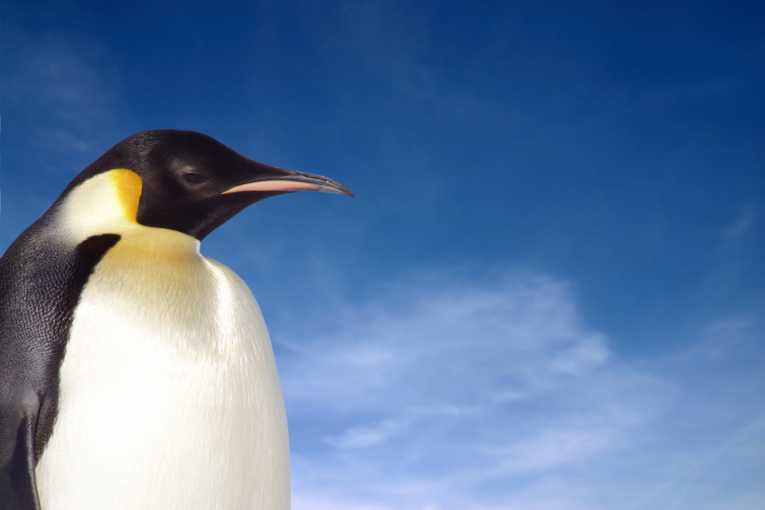The fate of a juvenile Emperor Penguin found washed up on a New Zealand beach has gripped the country and its media.
The penguin, who hails from the Antarctic, was found on Peka Peka beach around 30 miles from Wellington on the Kapiti Coast last week by a dog walker. Although juvenile Emperor penguins have been tracked travelling almost half the way to New Zealand, it's estimated this particular penguin, dubbed 'Happy Feet' after the Hollywood movie, is around 3000 miles off course and is only the second Emperor Penguin to be found in New Zealand.
Hundreds gathered to watch an operation conducted on the penguin to remove sand and sticks from his stomach. Penguins often eat snow and ice when they are dehydrated and it's believed he may have become confused.
With extensive press coverage in the country, and relief that he appears to be regaining his strength, attention is now being directed to what to do with him.
As with any wild creature in captivity, the longer he responds to human treatment the harder it may be to re-introduce him back to his natural habitat.
The New Zealand Herald reported that scientists and zoologists are debating three alternatives; should he be flown back to the Antarctic and left to find his colony; should he be brought back to the New Zealand coast and left to find his way home; or should a solution be found in New Zealand, perhaps sourcing an appropriate refuge for him?An academic at Massey University with experience of working with and studying Emperor Penguins has been brought in by the Department for Conservation to consult on the case. Associate professor John Cockrem says there is a real risk that if brought back to Antarctica he could infect the colony with a foreign virus. Similarly transporting the bird back could have a negative impact on its health.
"Taking it back to Antarctica would be an issue on several levels," Dr Cockrem said. "The weeks it could take to get there would put a lot of stress on the bird."
Also, the penguin would need to build up his strength to survive the journey, it is believed he is around six kilograms underweight.
If the bird were to be kept in captivity he believes Kelly Tarlton's in Auckland is the logical place.
Emperor penguins need a cold climate to survive, and they have the facilities to provide that."
Another alternative would be a facility in California.
"California does have the facilities, but again the time of transport would stress the bird immensely."
Despite his reservations, Dr Cockrem believes allowing the penguin to return to full health and then releasing it into the water is the best option. There is could be tracked by satellite navigation.
However, Newstalk ZB report another academic, Marine Scientist professor Dr Mark Orams, who believes the reason behind its long migration may hold the key to the penguin's presence in New Zealand.
"(This) particular individual is obviously not in great health at the moment and often when we have individuals that have separated or got lost and ended up in a very unusual situation like this one has there's a reason behind it."
"That reason can sometimes be social, sometimes simply can be a navigation mistake, sometimes it can be a physiological health problem."
He believes the strength and health of the penguin should be the priority of all those making the decision on his future.
"When we have animals who are a long way from home like this, while it romantically might seem to be a great thing to return them to the wild, it's not always or necessarily the best thing to do for the individual."
Top Image Credit: Penguin close-up © Jan Will










